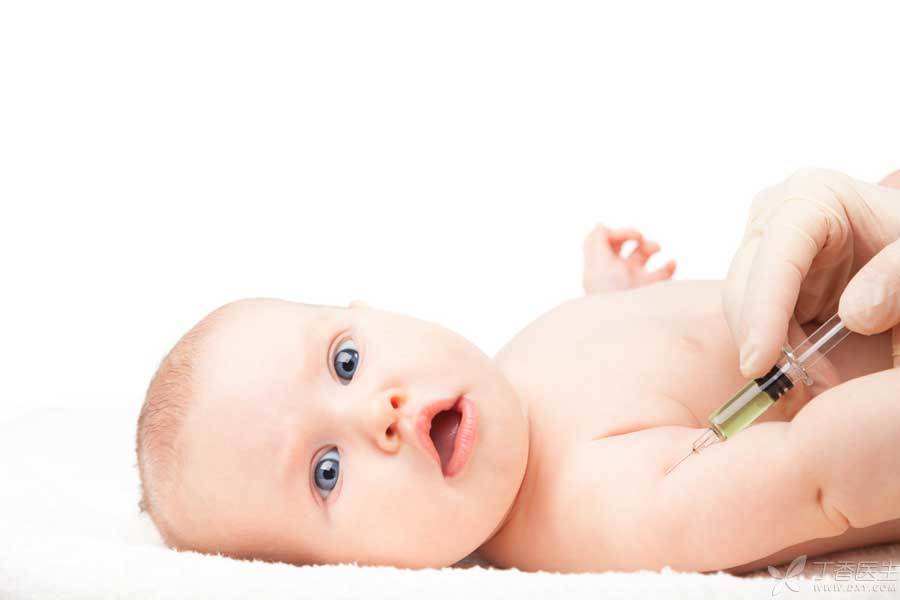
In our country, hepatitis B is a common infectious disease, and a large number of people are positive for the virus antigen. The infectivity of hepatitis B virus is not so strong, and it does not necessarily cause active hepatitis after infection, but it is still the best to be able to [defend the enemy from thousands of miles away]!
In fact, in order to control the spread of hepatitis B, Since 1992, China has officially incorporated hepatitis B vaccine into the planned immunization for children. Timely vaccination of newborns has protected tens of millions of infants from infection. The promotion of hepatitis B immunization in the past few decades has reduced chronic hepatitis B infection among children and adolescents by 97%. This is a successful example recognized by WHO.
The correct use of hepatitis B vaccine has a very good effect on the prevention of hepatitis B. In this issue of [protecting the liver well], we will talk about hepatitis B vaccine.
Who should be vaccinated against hepatitis B? Who does not recommend vaccination?
With the improvement of the whole vaccination rate of hepatitis B vaccine in the country, the new hepatitis B has been well controlled. Hepatitis B vaccine is the best weapon for prevention.
The vast majority of people are safe to use the vaccine except for women who are allergic to the ingredients in the vaccine or are not recommended during pregnancy. If people suffer from uncontrolled epilepsy or other serious diseases, they can consult a doctor to see if they can receive the vaccine before receiving it.
It is suggested that the key population to be vaccinated with hepatitis B vaccine-
1. Newborn: Injection within 24 hours after birth.
2. High-risk groups: people who are more likely to be infected with hepatitis B virus, such as those who need regular blood transfusion, patients who need regular dialysis, organ transplant recipients, families of patients with positive hepatitis B virus antigen, staff of blood centers, etc.
Before vaccination, it is recommended to check hepatitis B [two and a half]. Naturally, full negative is required to be vaccinated. If any index or multiple indexes are positive, vaccination is not recommended.
Only by vaccinating the whole process on time can the best prevention effect be brought into play.
In order to give full play to the [combat effectiveness] of hepatitis B vaccine, timely and full vaccination is the key.
For newborns, the first dose should be given as soon as possible within 24 hours of birth, followed by the second dose and the third dose one month and six months respectively.
The same is true for adults, at 0, 1, 6 months.
After successful vaccination, our body will produce protective hepatitis B surface antibody (HBsAb), and the amount of this antibody will slowly decrease with time. But don’t panic, according to the current research data, as long as the antibody can be produced after vaccination, the protective effect can usually last for more than 20 years.
Generally, after the vaccination is completed, you can relax your heart. If you want to confirm whether there is antibody production, you can check it 1-5 months after vaccination, because the antibody titer is the highest at this time.
For the general population, it is not necessary to always detect two and a half, and after vaccination, it is usually not necessary to strengthen vaccination.

Is hepatitis B immunoglobulin the same as vaccine?
It’s different.
Hepatitis B immunoglobulin is actually an antibody that does not work on the virus in the liver, but can remove hepatitis B virus still in the blood.
When does what use hepatitis B immunoglobulin?
Accidentally, hepatitis B virus enters the blood, such as being stabbed by a needle with the blood of a hepatitis B patient, or when the wound comes into contact with an object with the virus, timely use can prevent further infection.
In addition, the mother is the newborn of hepatitis B carrier, and when doctors think it necessary, they can also consider vaccinating hepatitis B immunoglobulin.
Several special cases
1. While the surface antibody is positive, a very small number of people still have liver function abnormalities and other manifestations that indicate hepatitis. This requires vigilance against the possibility of infection with mutant virus strains. It is strongly recommended to go to the hospital for perfect examination.
2. If the antibody titer is less than 10 mIU/ml after 1-5 months of whole-process vaccination with 3 doses of vaccine, the whole-process vaccination can be carried out again. If the second time is still negative, re-vaccination can be abandoned, and attention should be paid to avoid high-risk behaviors at ordinary times.
3. For friends who have been vaccinated before, if they have never detected the antibody titer and do not know whether the antibody is positive or not, they need to be vaccinated again only when there is a clear risk of hepatitis B infection. If there is no risk of hepatitis B infection, they are not recommended to be vaccinated again. If there is a positive record of antibody, they no longer need to be vaccinated with hepatitis B vaccine.
